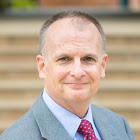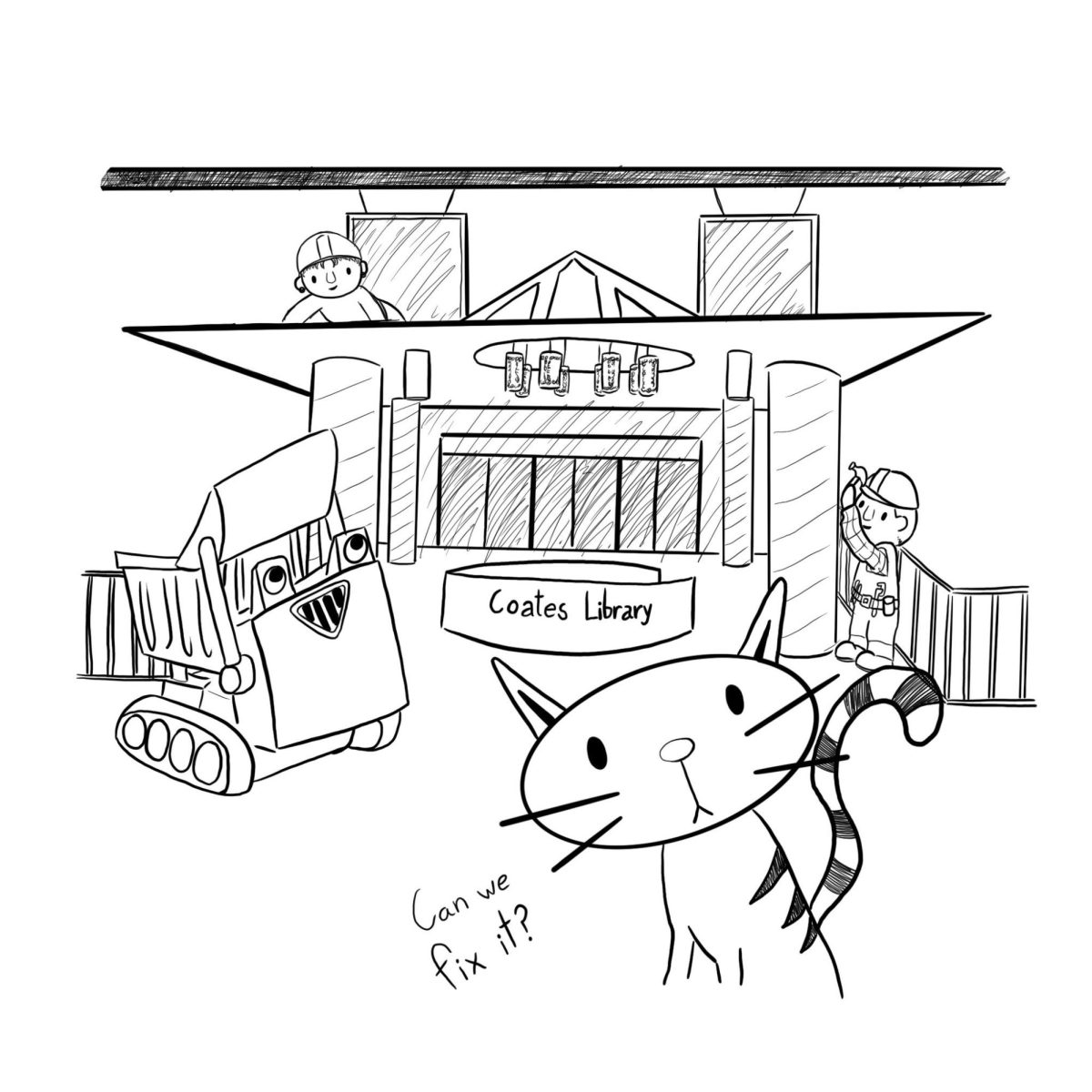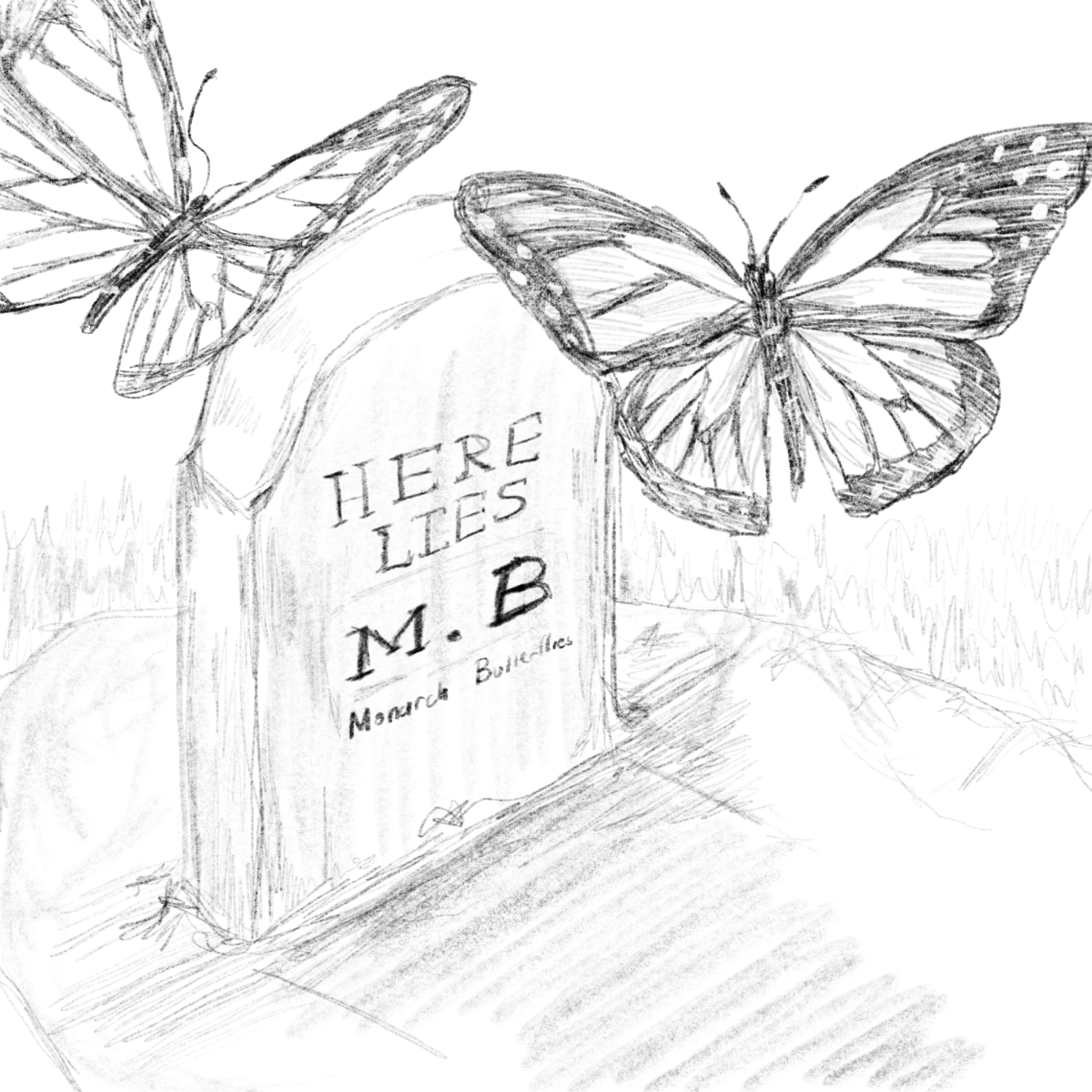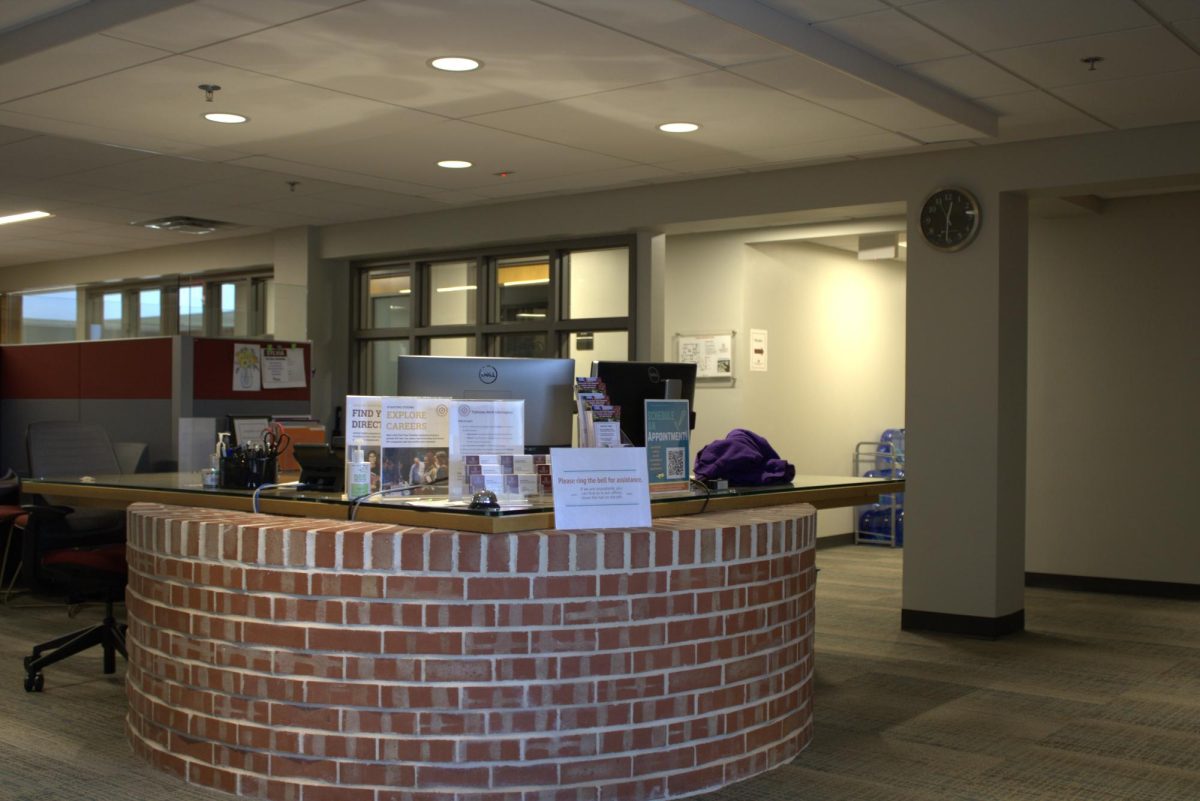![]()
In general, the extent of reverse culture shock (RCS) one experiences is directly proportional to the amount of time spent in another culture and the degree to which that culture differs from the home culture. A first year student who did not frequently return home during the school year experiences RCS. Trinity culture is different from her home culture. Consequently, after completing her first year, she may arrive home in May and discover that her younger sister has taken over her bedroom or her parents have rearranged the furniture. The point is, she changed because of her immersion in the Trinity culture. At the same time, things at her home changed while she was at Trinity. Consequently, the changes that she underwent while at Trinity and the changes that occurred at her home can magnify the experience of RCS.
Students who study abroad experience RCS upon their return. For example, Emma MacEachern, a senior in Business Analytics and Technology, shared her RCS experience at Walmart after studying abroad in Italy. According to Emma, the stores in Italy were “super tiny,” the customers paid with cash and bagged their own groceries. Emma relates:
“So, upon my return, I decided to get some things for my mom for dinner later that night. As soon as I stepped in the massive fluorescent lighted [sic] Walmart, with its rows and rows of aisles and massive frozen food section with motion censored [sic] lights I was in awe. I spent a good hour just walking up and down the isles. In Italy, they have a lot of varieties of cheese, meat and pasta, but everything else is pretty minimal. Well, Walmart has at least 10 different varieties for every item. Then when I got to the checkout, I had two people bag my things and had to just simply insert my card into the card reader once all my items had been scanned. I stood at the card reader machine, twiddling my thumbs awkwardly as I waited for people to work for me, scanning and bagging my items. It was a really weird sensation.”
International students often experience the most pronounced RCS. Sajoy Pottian, a rising senior majoring in geosciences and environmental studies from Tanzania, first returned home in 2016. He had to adjust to more free-flowing traffic patterns in contrast to the more linear patterns he had become accustomed to in the U.S. He was quite anxious to travel by car for the first few days. On one occasion, he and his family were preparing to attend a wedding. Sajoy relates:
“The itinerary stated that the reception will begin at 6:00 p.m. and end at 9:00 p.m. By 5:00 p.m. I was already dressed up and ready to go whereas the rest of the household was just waking up from a nap. Out of concern, I asked my mom whether we would be late and calmly she reminded me that this was “African time,” whereby we don’t really keep to the time stated and arrive at least half an hour after. As a result, the reception will go on for hours and instead of ending at 9:00 p.m. it will end at midnight. This is because we move at a very slow and worry-free pace. In addition to this, things like fellowship and gatherings tend to go over time because we tend to have a sense of community and value spending as much time with family and friends as much as we can.”
Whether you stay in another culture or country for three weeks or three years, you will experience RCS. The tools used for successful encounters with RCS are similar to those used when entering another culture for the first time. Anticipate, prepare and be flexible. Have realistic expectations, learn from your mistakes and never lose the ability to laugh at yourself! Also, keep in touch with friends who have had or who are going through a similar experience. If your encounters with RCS really gets tough, see your doctor or a licensed counselor. Enjoy your summer break and learn from your RCS experience, wherever it may be!




